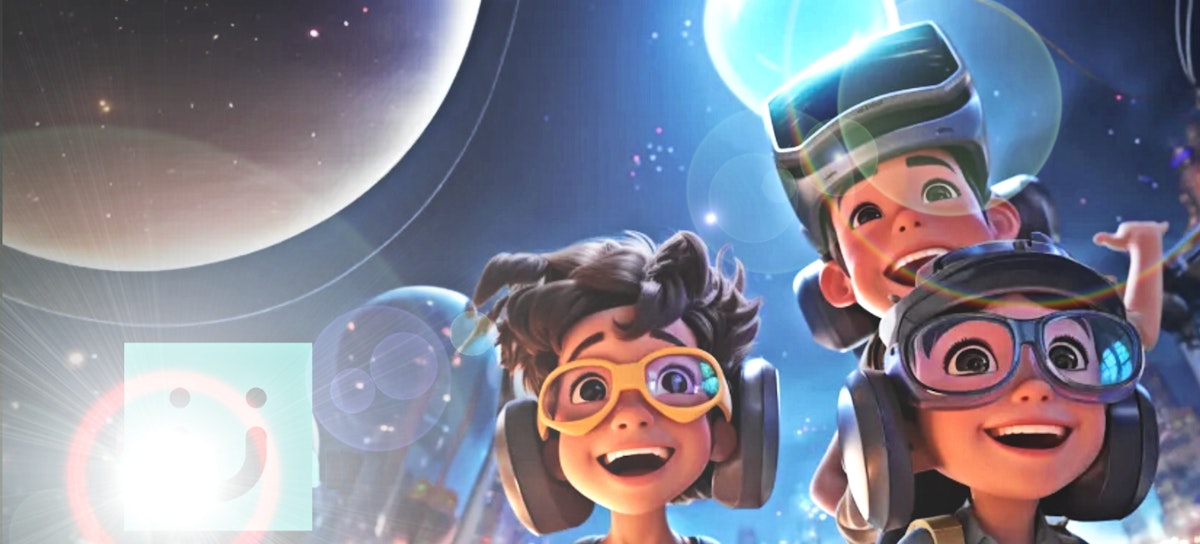Published at Nov 16, 2020 by justin-roberti
Kabuni: Bringing Learn-to-Earn to the Metaverse
Too Long; Didn't Read
Kabuni aims to democratize education and reward learners with a metaverse-based, customizable learning platform that uses a Learn-to-Earn mechanic.@justin-roberti
Justin RobertiWriter/producer-gaming, tech, web culture, fintech, crypto, & nerd lore #benzinga #hackernoon #thegrowthmanifestopodcast
Receive Stories from @justin-roberti
RELATED STORIES
L O A D I N G
. . . comments & more!
. . . comments & more!


